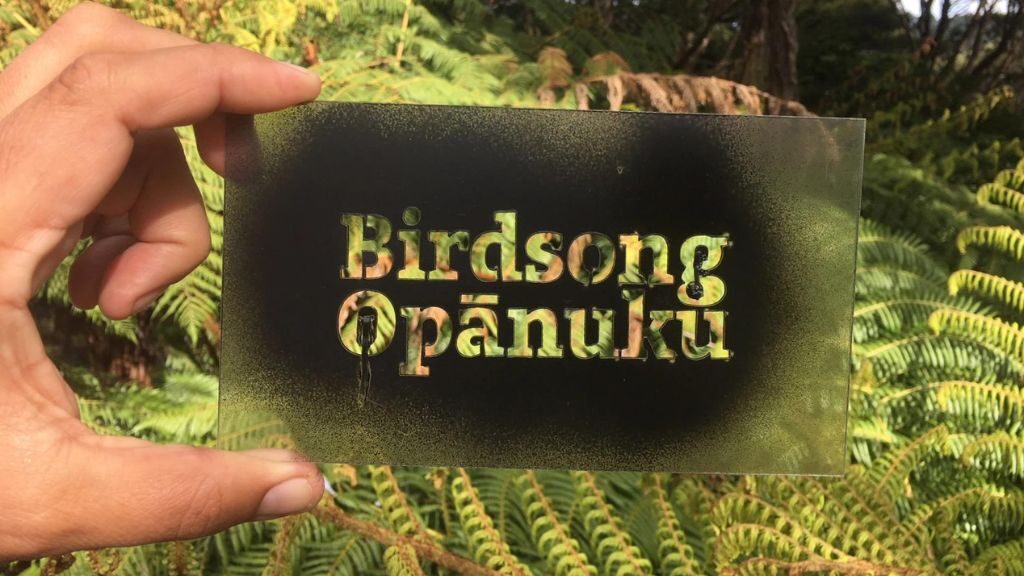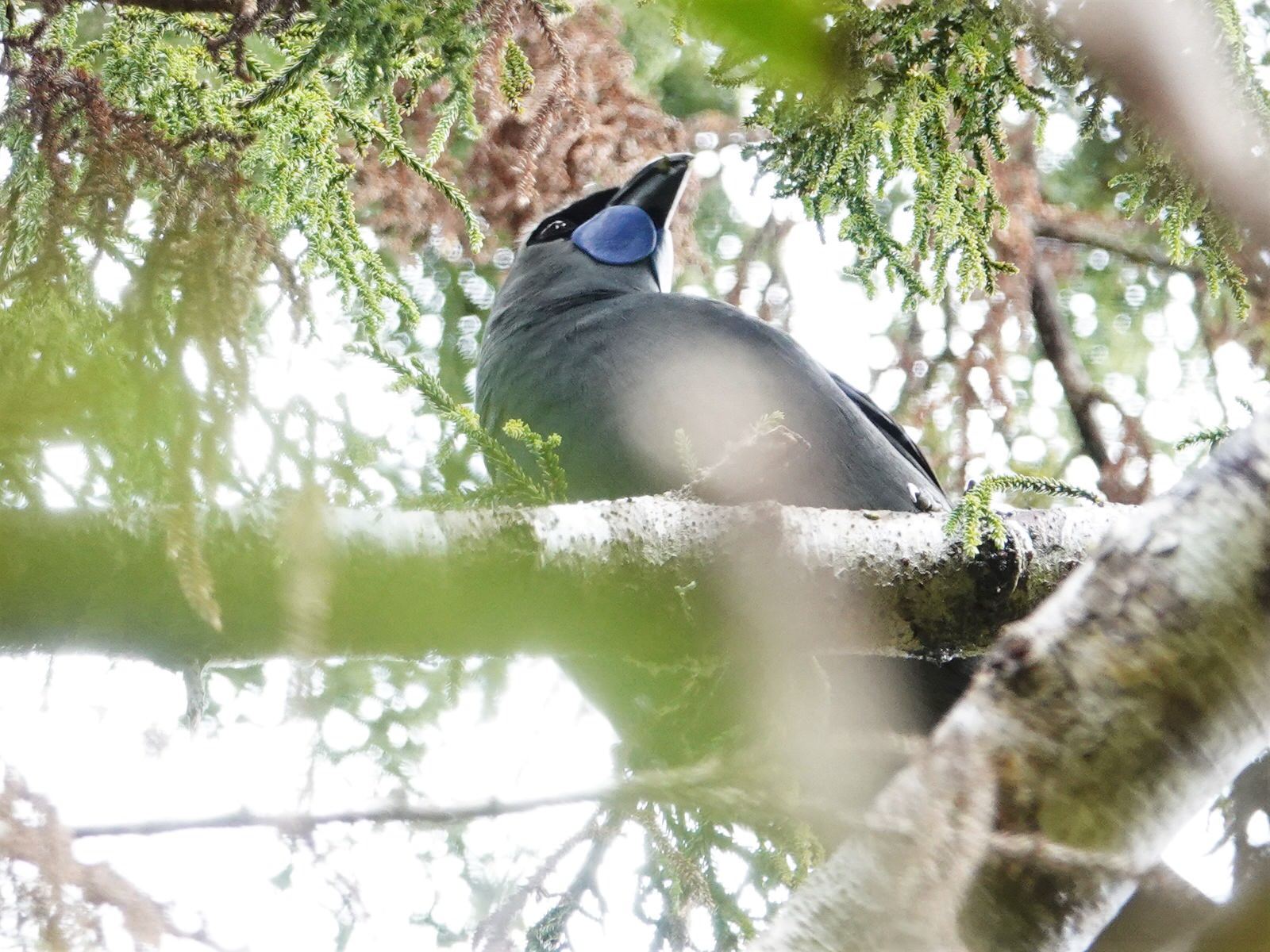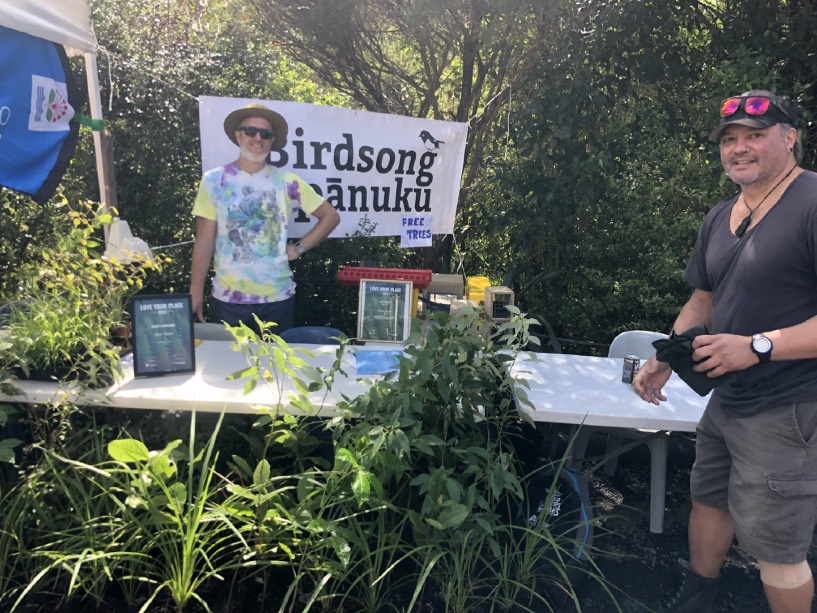For Birdsong Opānuku Trust, success is spelled with three Ps – predator trapping, people, and planting.

While the focus has primarily been on trapping, the West Auckland conservation group is branching out, literally and figuratively, in an effort to involve more of the community and create a thriving ecosystem that can support a diverse range of flora and fauna.
P is for predator trapping
Birdsong Opānuku Trust is one of several groups creating a corridor for a safe route of passage for endangered native species from the Ark in the Park mainland sanctuary in the Waitākere Ranges into Opānuku (Henderson).
Over the past three years, Birdsong Opānuku has noted a notable decline in rat visits to monitoring stations located in their patch of Sharp Bush. This decrease has been so significant that on five separate occasions, there have been no rat visits recorded, down from rates between 90% to 100%.
“We’re quite small in numbers,” trust member Karen Coglan says, “but we think we’re quite big in endeavour with what we’ve achieved.”
The trapping of rats and possums is making Sharp Bush an inviting habitat for native birds spreading their wings from Ark in the Park several kilometres away.
“There have been kōkako sighted in the upper part of our catchment as well as North Island robins, which must have come from Ark in the Park,” Karen explains.

P is for planting
With fewer predators in their community and a noticeable increase in birdlife, the group is turning to food – for the birds, that is.
The Trees for Valley project, organised by trust member Matt Ross, nurtures native saplings for locals to plant in their own backyards, providing refuge and food for future generations of wildlife.
“It’s always nice to grow your own trees. Eventually, you start to see the bird life and it all seems to start making sense when you see the interconnectedness of it all,” Karen says.
“On the one hand, you’re decreasing the predators – the possums and the rats – which eat the leaves, the berries and the fruit. And then, on the other hand, you’re planting trees. It’s gotta be a win-win situation.”
Around 400 young trees have been grown for distribution this year.
P is for people
All along, Birdsong Opānuku has been growing their community, sometimes one knock at a time.
It recently received funding from Predator Free New Zealand to help build its presence in the Henderson community.

It was the “catalyst” for the group to go door-to-door, raising awareness of their work. But for the most part, Karen admits, garnering support for the cause is like preaching to the choir.
“West Aucklanders are pretty good like that, actually. Because they’ve been living in the bush, they get to know it, and they want to do something for it.”
She says it’s important for the group to be visible in the community and to make connections. The door-to-door campaign directly resulted in increased newsletter sign-ups, requests for rat traps, and the recruitment of three secondary school students as baiters and trappers.
Interest and participation in the group are steadily growing, and there are different ways people are contributing – whether it be trapping, filling bags with bait or baking for baiting day events, Karen says.
“It’s about people getting to know each other in the area. It’s a real sense of community.”

